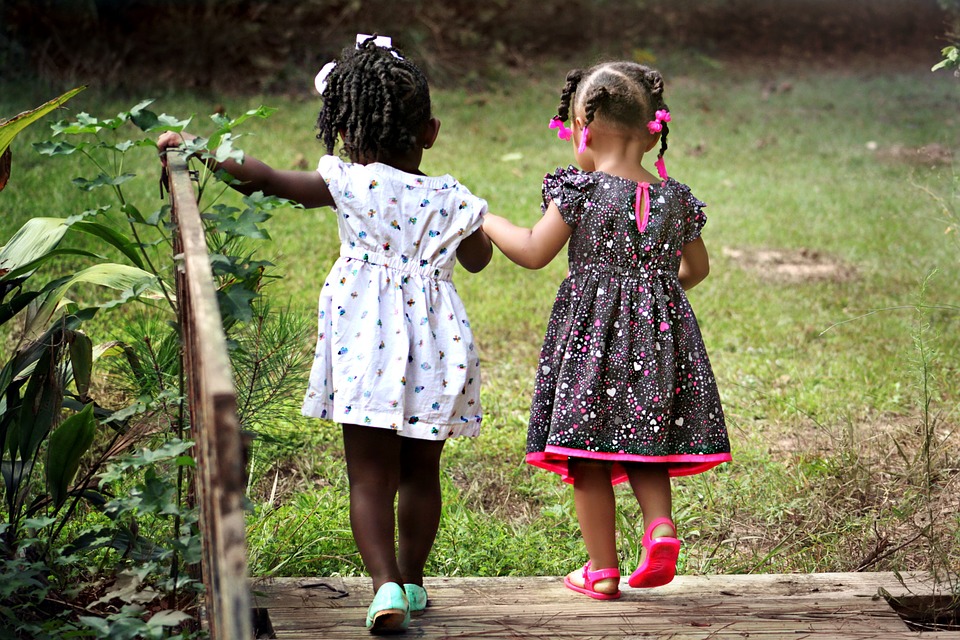-
Multitasking Video Game Improves Cognition in 79-year-olds!
Today, Nature published evidence that training on a multitasking video game improved older adults’ cognitive ability beyond the scope of the game to untrained aspects of cognition. The article featured a four-year research led by Drs. Adam Gazzaley and Joaquin Anguera at UCSF. They utilised a relatively simple video game, NeuroRacer to train older adults on multitasking. NeuroRacer requires participants to drive a cartoon car, and to respond…
-
ADHD Medication and Risk for Later Alcohol and Drug Use
Many parents have to make difficult choices about how to help their children with an ADHD (attention deficit hyperactivity disorder) diagnosis. Two treatments have been proven in well-designed and carefully controlled research studies to be effective: behavioral management (also known as parent training) and medication (typically Ritatin or Adderall). Medication treatment has raised concerns about…
-
Psychology Classics: Piaget’s Stages of Cognitive Development

Jean Piaget (1896-1980) was a Swiss developmental psychologist. While he made many contributions to the field, his most notable is his systematic study of cognitive development.
-
Are genetics destiny for psychiatric disorders?
Are genetics destiny? Simplistic thinkers may say so, but what scientists are learning is that, though many traits are heritable (e.g., height, extraversion, IQ), it is difficult to find a “gene” for the vast majority of traits. At the completion of the human genome project, there were high hopes that single genes could be located…
-
Infants Learn to Walk by Learning to Fall
When a baby starts to fall, our natural instincts tell us to protect them and quickly catch them. In general, parents’ instincts are to catch their children before they “fall” in many aspects in life. But, as with many things that require you to fail before you can succeed, infants need to learn to fall…
-
Engagement…in therapy!
Most people think of the word engagement and automatically start imagining a tiny box, a diamond ring, and someone down on one knee. I think of engagement and start thinking about therapy. Strange, huh? Well, if you think of what the word actually means, it’s not too strange. The noun engagement is “the act of…

